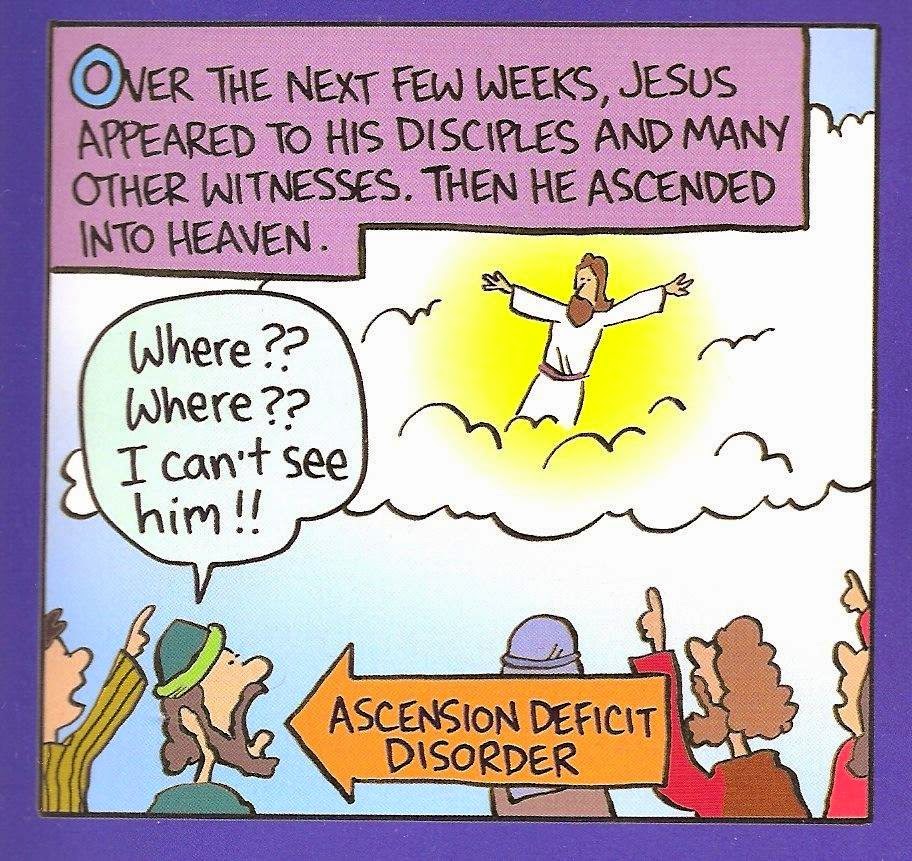Just before the Jewish Passover Jesus
went up to Jerusalem, and in the Temple he found people selling cattle and
sheep and pigeons, and the money changers sitting at their counters there.
Making a whip out of some cord, he drove them all out of the Temple, cattle and
sheep as well, scattered the money changers’ coins, knocked their tables over
and said to the pigeon-sellers, ‘Take all this out of here and stop turning my
Father’s house into a market’. Then his disciples remembered the words of
scripture: Zeal for your house will devour me. The Jews intervened and said,
‘What sign can you show us to justify what you have done?’ Jesus answered,
‘Destroy this sanctuary, and in three days I will raise it up’. The Jews
replied, ‘It has taken forty-six years to build this sanctuary: are you going
to raise it up in three days?’ But he was speaking of the sanctuary that was
his body, and when Jesus rose from the dead, his disciples remembered that he
had said this, and they believed the scripture and the words he had said.
John 2:13 - 22
Jesus' next public
act after the wedding at Cana was the less than aptly named cleansing of the Temple. His disciples
whom he had called one or two days before have accompanied him to the Temple. The
everyday business surrounding the cultic Temple worship of the Judaeans was
taking place. Money changers were needed in order exchange Roman coins into
Temple coins [Roman coins would defile the sanctity of the Temple]; the sellers
of pigeons, sheep and cattle conveniently provide animals for sacrifice.
Undoubtedly they are there for profit, though some their prices are extortionate.
But they were there to provide a
service.
To the disciples' surprise
and undoubtedly their horror, their rabbi,
their new master, expressed his anger by literally lashing out on the money
changers and sellers. They barely knew this man. Surely they were afraid?
The Temple plaza
that surrounded the Temple was 480 m x 300 m. It was so huge that Jesus would
have been raging for hour after hour if he was ‘cleansing’ the Temple. So what
then is the point of this story?
John’s story was
constructed some 20 or 30 years after the destruction of the Temple. It was
John’s vehicle to describe the end of Temple worship, to purposely place Jesus
at the centre of God’s action. Change is coming, radical change; the way things
have been is no longer acceptable. The Temple is redundant. Jesus himself
embodies all that the Temple was for the Jews. He is the centre and focus of
worship in the Christian community.
So this story
asks us: Who or what is at the centre of our worship? What distracts us from
true worship. Jewish life was bound by rules that prevented true worship, so
have we managed to worship without being burdened and overwhelmed by rules? Our
worship is, we believe, most perfect when we listen and respond to God’s
Word, when we place our intercessions before our God, we break bread and share
the cup of wine as we remember the words of institution, and when we go out to
proclaim Good News to the world.
Our church is a
mammoth – if divine institution. And that it itself presents an obstruction to
true worship. We possess more rules and regulations than you can throw a stick
at, our complex liturgical laws alone are comprehensible to but a few. We worry
about the purity and nuances of the vernacular; we are either for or against
the Extraordinary form of the Mass; the internet is alive with traditionalist
blogs defaming the riches of modern liturgical practice. Is this our evidence
of true worship?
This weekend we
recalled the dedication of the Archbasilica of St John Lateran, the cathedral
church of the diocese of Rome. It is a place of enormous beauty. The sculptured
twelve apostles created by seven brilliant artists are awe-inspiring. There are six papal tombs within it, and up
to fifteen other popes’ remains are held in a polyandrum. Visiting St John Lateran is both a religious
and emotional experience.
Why is this feast
day remembered with this Gospel? It is to remind us, that no matter how clever
we are at building monuments to the God who loves us, such buildings do not
capture God, and nor should they capture us. They point to, but can never, ever
take the place of, true worship.
REFLECTIONS ON CHRISTIAN
LEADERSHIP
by Kevin Treston
Mutual Gain or Win-Win
When
conflict happens, good leaders avoid exercising power over others for the sake
of political or personal gain. They
search for a resolution of conflict or at least its management. Differences of opinion are seen, not as
threats to harmony, but as assets.
Diverse viewpoints tell the community that the picture is not
complete. If the differences can be
incorporated into the ultimate decision, then the solution has been enriched by
additional wisdoms. A win/lose style of
leadership results in losers being alienated from owning the decision. They either surrender gracefully, opt out of
implementation or await the inevitable day of paypack.
Mutual
gain style of leadership assumes an abundance mentality rather than a scarcity
mindset. Mutual gain leaders see the big
picture. They don’t indulge in posturing
games but work towards the best possible outcome for the school or parish. They are attentive listeners to various
points of view and synergise divergent opinions by drawing out from each person
particular insights. The process of
synergising is the art of extracting elements from an array of often conflicting
opinions and regrouping the ideas into a holistic solution.
----------------------------------------------------------------------------------------------
Peter's whereabouts
From Marist Regional College
From Our Lady of Lourdes
From Our Lady of Mercy
From St Anthony's
From St Brendan Shaw College
From St Brigid's
From Sacred Heart, Launceston
From Sacred Heart, Ulverstone
From St Joseph's, Rosebery
From Star of the Sea College
From St Patrick's College, Prospect
From St Peter Chanel
From St Patrick's, Latrobe
From St Thomas More's













































